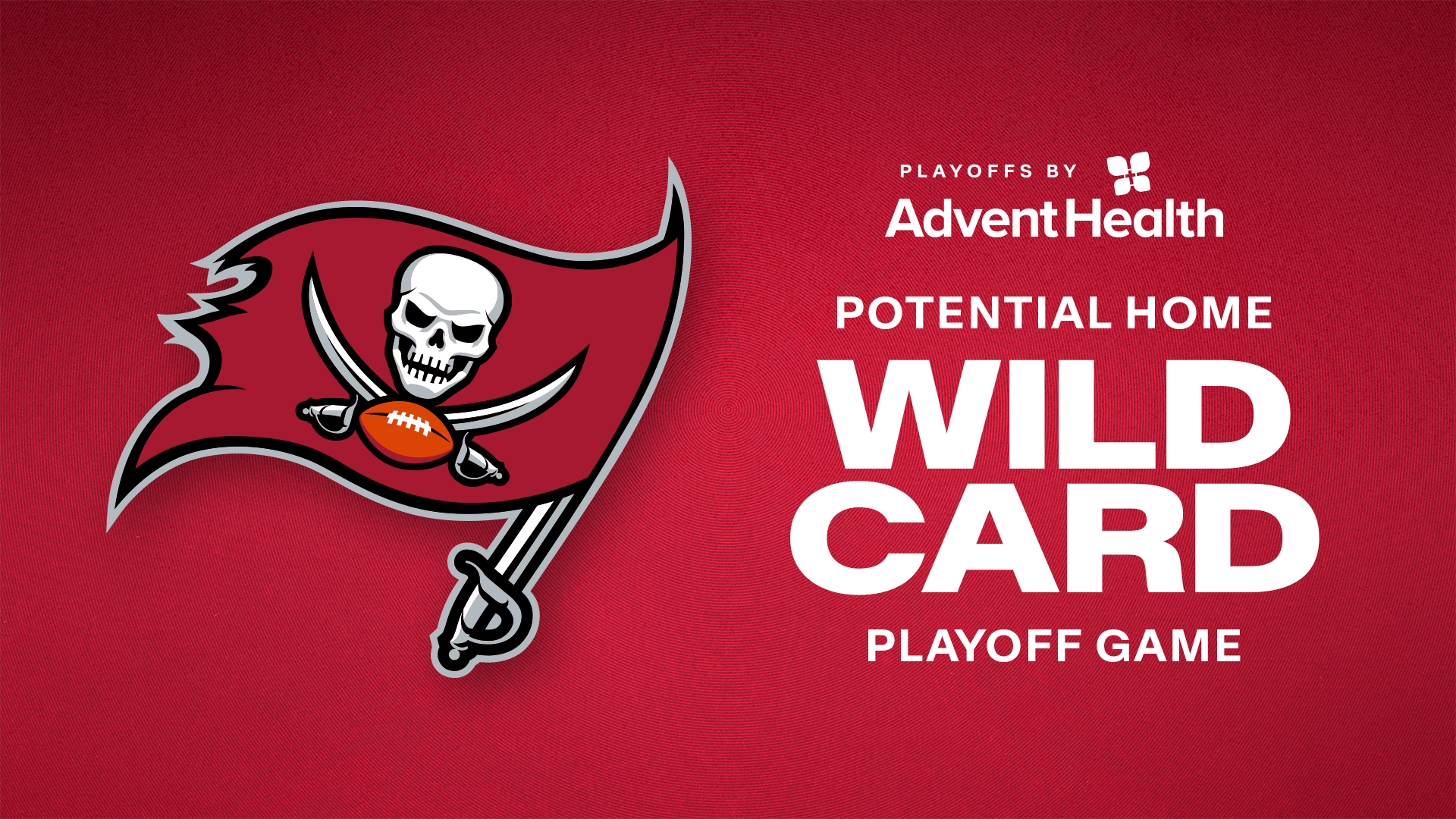It's Professionalism Week for Bucs' rookies. Just a few short months ago, the guys were college students with not much financial freedom. Now, they're professional athletes having to make major financial decisions for likely the first time in their lives. That's where Junior Achievement of Tampa Bay and Raymond James Financial come in. They were on hand Thursday to take the rookies through an exercise in making informed financial decisions based on their specific situations.
First, the players were broken up into groups and given income scenarios that varied from being a second-round pick with a $2 million signing bonus to being an undrafted free agent with a $1,000 signing bonus. They were then instructed to choose a car to buy, a house to purchase or rent and various other lifestyle options ranging from lavish to more conservative options.
After the exercise was done, each group reported on how much money they had leftover. Each group had a sizeable percentage left, which had to make Director of Player Development Duke Preston pretty happy.
Preston puts together various programs to help veteran and rookie players get adjusted to Tampa or NFL life in general, especially with programs like the Bucs' Rookie Academy which brings in speakers and organizations like Junior Achievement to help make the transition to professional athlete easier.
Junior Achievement of Tampa Bay is a nonprofit organization focused on empowering youth in financial literacy, work force readiness and entrepreneurship. The rookies were joined by students of the Junior Achievement center that ranged in age from 10 years old to 16. The students were armed with iPads and entered in the groups' choices when it came to each scenario, helping them make informed decisions and in some cases, like with second-round pick Ronald Jones, reigning the players in a bit.
"It's nice to see these kids with their intelligence punching those numbers.," Jones said. "My dude was telling me I was spending too much so having to revert and live within your means is really important."
It was all in jest as each group ended up making very smart decisions for their specific situation, collectively. The rookies seemed to understand the fortunate position they're now in, so while some wanted a nice car, or wanted to spend more money on flying family out, they knew there was a give and take.
"It's cool to understand that we have options in those different arenas," rookie free agent Godwin Igwebuike said. "Maybe one arena you can splurge, but then maybe you want a roommate. You can go up and you can go down as long as you balance it out."
For a lot of the guys, this was their first real education in financial matters. In college, they are amateur athletes and often times not allowed to handle even their stipends themselves. They kind of start behind the eight ball in that regard, in addition to often not being taught a conducive curriculum to the financial situation they end up in.
"You only get what you sign up for," Igwebuike said when referring to business or financial classes that were available to him in college.
"Yeah, if you don't ask for it, they will not give it to you," Jones added. "Like I had some business and money matters classes. I think at least in your senior year of high school they should start teaching you maybe just a little opener to get your mind thinking about this stuff."
That's how the Junior Achievement Academy came to be involved, along with volunteers from Raymond James Financial, who as financial advisors roamed between each group, answering questions and talking to the rookies as the exercise went on. It was a very collaborative session with Junior Achievement leading the lessons for the day.
"Our organization as a whole, when we look at our centers for our middle schoolers, the purpose is to bridge the gap between what they're learning in the classroom and applying it in the real world," Christina Roberts of Junior Achievement Tampa Bay said. "Same thing here. The rookies, these fantastic opportunities from an income perspective, let's take our curriculum, let's tailor it to what they need and benefit our players as well as the community."
Roberts serves as the director of partnerships and development for the organization and was a driving force in tailoring the curriculum that is usually taught at the centers specifically for the Bucs. It was also a great opportunity for their students to see real-world applications of the stuff they're learning for their future.
"The students were super excited," Roberts said. "First of all, this is curriculum that they have been exposed to in Junior Achievement at the middle school level, not quite to the level that they saw here. But the opportunity to say that they got to work with some of the Tampa Bay Buccaneers. You heard some of the students, they were like, 'these guys are so nice!' so I think it was a great opportunity for everyone all around."
It was a mutually beneficial afternoon for the students and the rookies, who took a lot away from their time with Junior Achievement and Raymond James.
"It helps put perspective," Igwebuike said. "They laid the ground work for us. It takes effort on our part as well. We can't expect them to just hold our hands. This is more than enough. We have to go to the next step by ourselves."
























